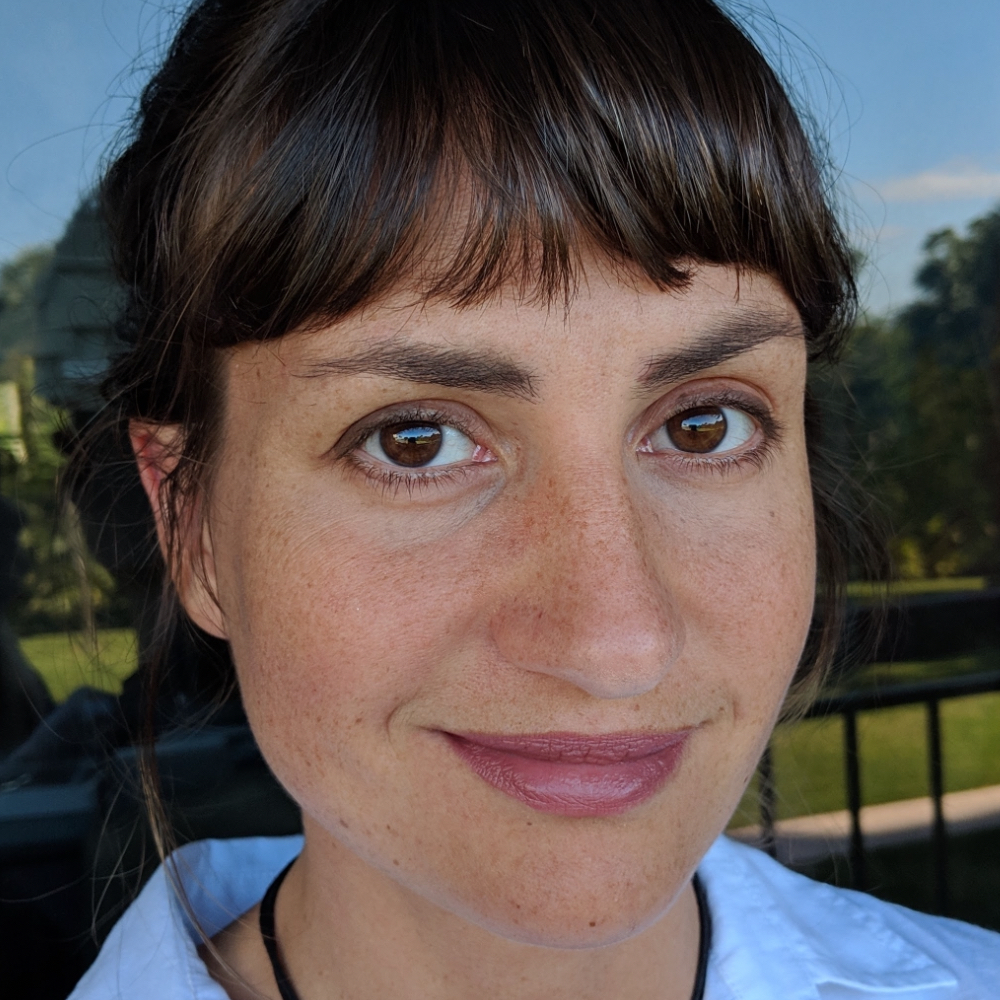Political Networks

We research political networks in action
Social networks often cross over into the political world. Individuals hold political ideologies and opinions and share them online and offline, leading to discussion networks that can cause political polarisation and echo chambers. Digital trace data enable social scientists to study political behaviour and interactions at unprecedented scales, and network analysis is one of the primary methodological vehicles through which these processes are analysed.
Not only individuals, but also elites and political organisations, such as parties, legislators, government agencies, interest groups, charities, and peak associations, engage in political networks. They exchange information, collaborate, display ideological preferences and try to influence other political actors' preferences and beliefs in the policy process through networks. Political actors are organised in structures like policy networks, advocacy coalitions, and lobbying coalitions. Policy debates and political discourse are routinely analysed using network science methods.
Networks extend to the study of political institutions and their interactions, such as the relations between parliaments, governments, international governmental organisations (IGOs), and the way in which political rules shape the network topology of vetoes, committee structures, and co-sponsorship of bills. Local political actors are members of regional and national governance networks and institutions, both formal and informal, shaping complex ecologies of games.
International relations, a subfield of political science, studies conflict, alliances, treaties, and other relationships and behaviours between states in the international system as networks with positive and negative ties, often leading to structural balance and blocs.
Analysing political processes and institutions using network analysis helps understanding how policies and new legislation come about, why peace breaks down or endures, and why and how political polarisation and echo chambers occur.
This working group comprises any applied or methodological work on networks involving a political dimension.
Chair of Research Area
Our members
Our research outputs
Our publications
- Latent influence networks in global environmental politics, co-authored by Benjamin W. Campbell, Frank W. Marrs, Tobias Böhmelt, Bailey K. Fosdick and Skyler J. Cranmer in the PLOS One Journal, (2019).
- Network Structure of Insurgent Groups and the Success of DDR Processes in Colombia, co-authored by Ernesto Cardenas, Kristian Skrede Gleditsch and Luis Carlos Guevara in the Journal of Small Wars and Insurgencies, (2018).
- The interaction of international institutions from a social network perspective, co-authored by Tobias Böhmelt and Gabriel Spilker in the Journal of International
Environmental Agreements: Politics, Law and Economics, (2016). - Networked international politics: Complex interdependence and the diffusion of conflict and peace, co-authored by Han Dorussen, Erik A Gartzke, and Oliver Westerwinter in the Journal of Peace Research, (2016).
- Ties that Bias in International Conflict A Spatial Approach to Dyadic Dependence from Alliance Ties and Inbetweenness, co-authored by Kristian Skrede Gleditsch and Erik A Gartzke in the Journal of International Studies Quarterly, (2022).
- Contributions by Interest Groups to Lobbying Coalitions, co-authored by Michael T. Heaney and Philip Leifeld in The Journal of Politics, (2018).
- Structural and Institutional Determinants of Influence Reputation: A Comparison of Collaborative and Adversarial Policy Networks in Decision Making and Implementation, co-authored by Karin Ingold and Philip Leifeld in the Journal of Public Administration Research and Theory, (2016).
- Reconceptualizing Major Policy Change in the Advocacy Coalition Framework: A Discourse Network Analysis of German Pension Politics, by Philip Leifeld in the Policy Studies Journal, (2013).
- Information Exchange in Policy Networks, co-authored by Philip Leifeld and Volker Schneider in the American Journal of Political Science, (2012).
- Membership nominations in international scientific assessments, co-authored by Philip Leifeld and Dana R. Fisher in the Journal of Nature Climate Change, (2017).
- Networks and Social Influence in European Legislative Politics, co-authored by Thomas Malang, Laurence Brandenberger and Philip Leifeld in the British Journal of Political Science, (2019).
- Inferring influence networks from longitudinal bipartite relational data, co-authored by Frank W. Marrs, Benjamin W. Campbell, Bailey K. Fosdick, Skyler J. Cranmer and Tobias Böhmelt in the Journal of Computational and Graphical Statistics, (2020).
- A data-driven computational model on the effects of immigration policies, co-authored by Miranda Simona, Cassilde Schwartz, David Hudson and Shane D. Johnson in Proceedings of the National Academy of Sciences, (2018).
- Trade Links and the Kantian Peace: A Network-Theoretic Approach to Communication, co-authored by Hugh Ward and Han Dorussen, Journal of Peace Research, (2010).










